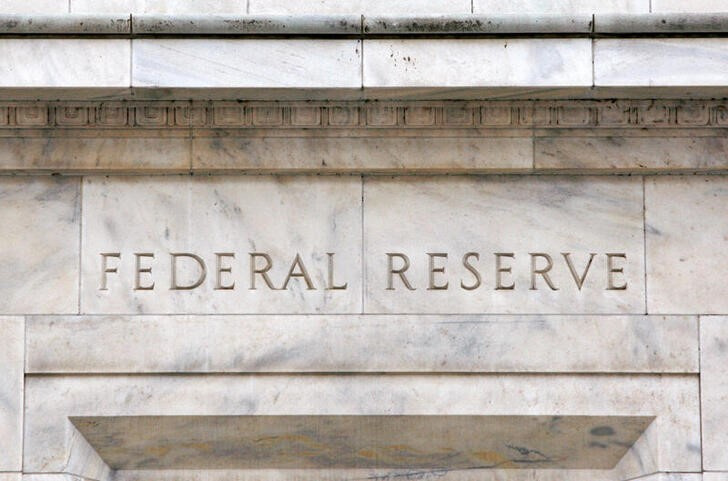News from the Financial Associated Press on January 28 (Editor Zhao Hao)Former U.S. Treasury Secretary Lawrence Summers said on Friday (January 27) that the Federal Reserve should refrain from issuing an announcement about its next move at next week’s meeting due to the high degree of uncertainty about the U.S. economic outlook. Signal.
Summers, who often “advises” the Fed, said: “I don’t think this is the time to promise to continue raising interest rates. In recent quarters, we have seen signs of economic weakness. All possibilities are ruled out.”
In the past two days, the United States has released several sets of “good and bad” heavy data. Yesterday, the United States announced that the GDP growth rate in the fourth quarter of 2022 exceeded expectations, but consumption, which accounted for the largest proportion, unexpectedly slowed down. The PCE inflation announced within the day fell as scheduled, but it is still far from the 2% target.
Summers pointed out that the current US economy has both the possibility of improvement and the possibility of further deterioration. He likened the current situation to the Fed “driving a car on a very, very foggy night,” in which officials need to be as flexible as possible.
Since the United States entered the era of high inflation last year, Summers has repeatedly emphasized that the Fed must stick to tightening to the end. Given that “hawks” like him have also begun to ease, the Fed may indeed have reached or is close to a turning point in policy.
He believes that the biggest problem currently plaguing Fed officials should be the optimism that has reverberated in financial markets in recent months. The Financial Associated Press has mentioned before that the financial environment will have a certain effect on the effect of the Fed’s monetary tightening policy-if financial conditions are loosened prematurely, it will weaken the ability of high interest rates to stabilize inflation.
In the long run, Summers believes that the central bank’s interest rate will be stable above the level before the outbreak of the new crown pandemic. In addition, inflation is likely to be above 2%, and the real interest rate is more likely to stabilize above 0.5%.
Compared with Summers, the current U.S. Treasury Secretary Yellen is a little more optimistic. In a few days, the former Federal Reserve chairman told the media that she was encouraged by the recent inflation and employment data in the United States. “I am quite satisfied with the current data. I see that inflation is coming down, and the overall labor market is still quite tight.”
Yellen acknowledged that if inflation is to be further subdued in this environment, economic growth will need to slow, so there is a real risk of a recession. But she added that no material relaxation and disintegration of economic activity has been seen yet.
